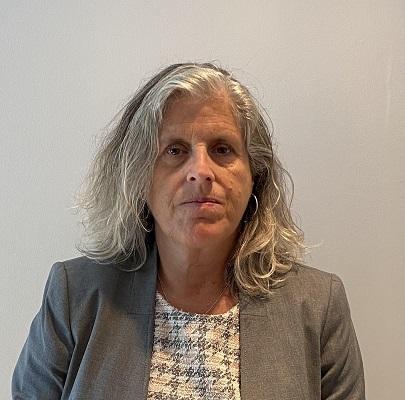Extradition Law in Canada: A “Shambles of Injustice”?
Speaker(s):
Series:
Associated with:
Notes & Changes
Please note that this event will be recorded, if you do not wish to be part of the recording, please feel free to turn your cameras off once the talk begins. The talk will be made available on the Criminology website and YouTube channel at a later date.
The application of extradition law in Canada is highly problematic. It has been referred to as “the least fair law in Canada” a “shambles of injustice” and since the enactment of the Extradition Act in 1999, has escaped little real parliamentary scrutiny. Moreover, research has demonstrated that in the fight against transnational crime and in the spirit of comity, the Canadian government rarely refuses a request to extradite one of its own citizens to a foreign country with which it shares an extradition treaty. The objective of this paper is to present an overview of how the law and practice of extradition in Canada can be understood as representing, in some cases, another form of miscarriage of justice. Research has established that at the committal stage, evidence in the record of the case presented by the requesting state is accepted without question as reliable and fails to allow for the introduction of exculpatory evidence; such practices would be unacceptable in a Canadian criminal court. However, the focus of this paper is on the surrender stage, following the committal hearing, when the Minister of Justice must decide whether or not to surrender the individual to the requesting state. While this practice is meant to be a discretionary one, in reality it is here that political aspects of the process reveal themselves. In recent years, the Supreme Court of Canada has established that it will not extradite someone to a foreign state where the death penalty is a consideration without assurances that it will not be imposed in the event of a conviction. At the same time, there are other considerations that are often disregarded by the minister, which may have an impact on surrender decisions that deserve similar scrutiny.
Registration will close at 12 midday on Weds 26th October. The link will be sent to you later that afternoon.
REGISTER HERE
Biography:

Kathryn M. Campbell is a Professor of Criminology at the University of Ottawa, Ontario, Canada. She earned a B.A. in psychology (McGill), an M.Phil in criminology (Cantab), a Ph.D in criminology (Université de Montréal) and a LL.B./B.CL (McGill). She has long been interested in studying social justice, including issues of equality and rights under the law, for various individuals and groups. The majority of her research has focused on miscarriages of justice, young persons and criminal law, Indigenous justice issues and most recently animal law. Her work in this area over the past twenty years includes many peer-reviewed articles, book chapters, edited books and a book, “Miscarriages of Justice in Canada: Causes, Responses, Remedies”, published by University of Toronto Press in 2018. Professor Campbell is also the faculty director of Innocence Ottawa, a pro-bono, student run innocence project aimed at helping the wrongly convicted who are seeking exoneration apply for conviction review to the Minister of Justice.


 Add to calendar
Add to calendar


